Jakob Nielsen about IQ and usability
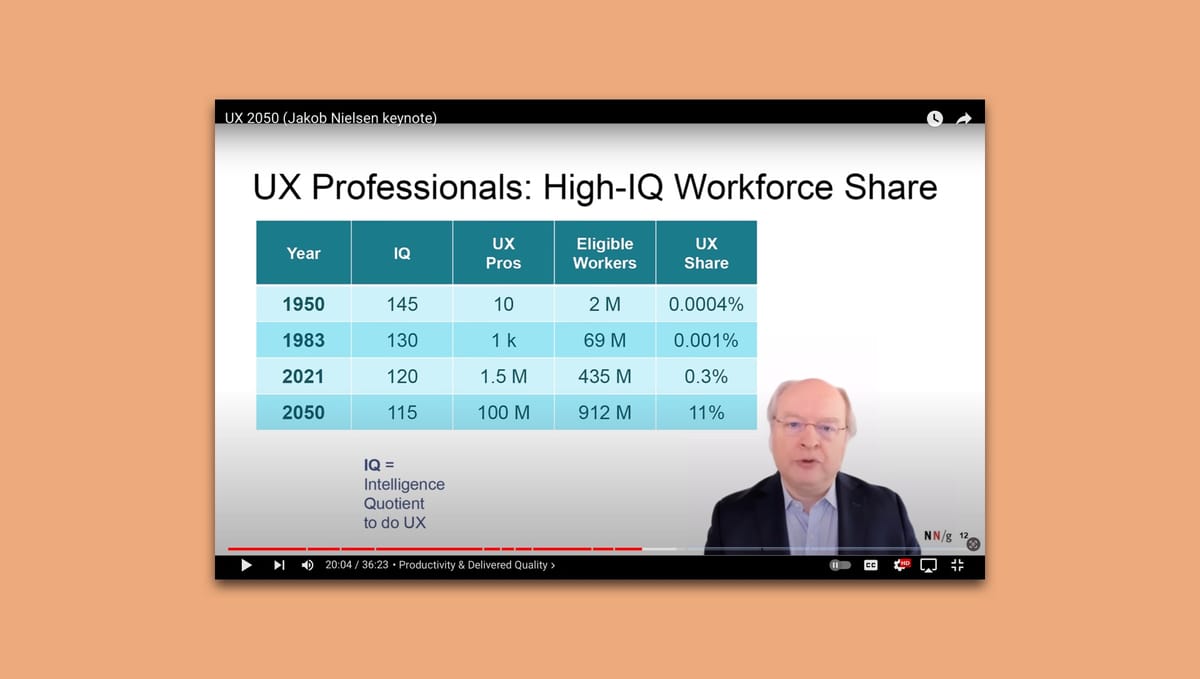
Attempts to classify people into intelligence categories has been going on for many hundreds of years, but none have perhaps proven as prevalent as the intelligence quotient (IQ). The origins of IQ can be traced back to a 1905 test designed by French psychologists Alfred Binet and Théodore Simon to assess if children needed extra help in school. Since then, IQ has often been misconstrued to provide successful fodder for eugenics, the beliefs and practices that strive to improve "genetic quality" of a population by excluding groups claimed to be inferior.
In 1908 the eugenicist Henry H. Goddard published a translation of the Binet–Simon test and called it The Binet and Simon Test of Intellectual Capacity. It was used to push for laws that led to the forced sterilization of over 60,000 people in the United States. These laws also barred thousands from marrying, and displaced thousands into "colonies".
While many scientists agree that some IQ tests (yes, there are many of them now) can be valid measures of the kind of intelligence necessary to do well in academic work, often within specific circumstances, most also question their validity for assessing intelligence in a broader sense. Some scientists argue that IQ is entirely irrelevant to the measure of intelligence.
In a 2011 study involving over 100,000 participants, the conclusion by the senior investigator was clear:
"When we looked at the data, the bottom line is the whole concept of IQ – or of you having a higher IQ than me – is a myth," Dr. Adrian Owen, the study's senior investigator and the Canada Excellence Research Chair in Cognitive Neuroscience and Imaging at the university's Brain and Mind Institute said to the Toronto Star. "There is no such thing as a single measure of IQ or a measure of general intelligence."
Due to my understanding of the fragility and abuse of the IQ concept, over the past quarter century I've been puzzled by how a person considered to be a thought-leader in the usability space often references IQ within the context of research and design. Jakob Nielsen does so seemingly without recognizing the faults, risks and historic misuse of these tests. Given that usability is all about caring for a variety of human needs to support goal fulfilment, my concern is that a frequent referral to IQ is an unsound basis for teaching an inclusive mindset.
The concept of IQ has also been a very clear and prominent part of job ads for Nielsen Norman Group, something I've written about before, with wordings such as: "All members of NN/g share two characteristics: they are high-IQ and they are nice."
Here are some examples of quotes referencing IQ. I do recommend watching the video from 2020 to get an idea of how Nielsen thinks about and communicates the idea of IQ and superior intelligence to his audience and students:
2000 (in Wired magazine)
Born in Denmark, Nielsen began his career in the United States in 1990 at Bell Communications Research in New Jersey. He later became a "distinguished engineer" at Sun Microsystems, where, he said, "the IQ points were dripping off the wall." 1
[1] Wired (2000). Web Guru: It's the User, Stupid!. Wired Magazine, November 15
2004
"For example, studies show that intelligence declines by birth order. In other words, a person who was a first-born child will on average have a higher IQ than someone who was born second. Third-, fourth-, fifth-born children and so on have progressively lower average IQs. This data seems to present a clear warning to prospective parents: Don't have too many kids, or they'll come out increasingly stupid. Not so.
There's a hidden third variable at play: smarter parents tend to have fewer children." 2
[2] Nielsen, Jakob (2004). Risks of Quantitative Studies. Nielsen Norman Group, February 29
2008
"We can't directly assess whether our study participants are idiots, since we don't subject them to an IQ test. But participants' comments during all our studies these past 14 years indicate that we've mainly had plenty smart test users."[3]
[3] Nielsen, Jakob (2008). User Skills Improving, But Only Slightly. Nielsen Norman Group, February 3
2013
"Dear Reader, you are not average. If you were, you wouldn't be reading this website.
- You most likely have above-average IQ and education.
- You certainly have above-average reading skills. (I employ more complex sentence structures and vocabulary than usually recommended, because I don't write for a broad consumer audience.)
- You most definitely have superior knowledge of web design patterns and computer concepts. Even if you're a visual designer or marketer, if you work on Internet projects, you’re a veritable geek compared to normal people.
Given all this, you simply cannot predict how well the average person will use something based on your own personal experience. You're too good." 4
[4] Nielsen, Jakob (2013). Usability for Novel vs. Routine Tasks. Nielsen Norman Group, May 13
2016
"Why should universities care about usability? Aren't students smart and computer savvy? Well, even though you want high-IQ applicants, prospective undergraduate students haven't received the benefits of a college education yet and often have fairly poor research skills." 5
[5] Nielsen, Jakob (2016). University Websites: Top 10 Design Guidelines. Nielsen Norman Group,April 23
"For sure, anybody who works on a design project will have a more accurate and detailed mental model of the user interface than an outsider. If you target a broad consumer audience, you will also have a higher IQ than your average user, higher literacy levels, and, most likely, you’ll be younger and experience less age-driven degradation of your abilities than many of your users." 6
2018
"But how can we know the working-memory capacity of our users? Although the working memory has limited capacity, its exact size will vary from person to person. Education and IQ are usually positively correlated with working-memory capacity, while age affects it negatively. If we target a specialized audience (e.g., experts) we may be able to have a fairly good idea of the working-memory capacity of its members. But for a general audience, the working-memory size will be quite variable." 7
[7] Nielsen, Jakob (2018). Working Memory and External Memory. Nielsen Norman Group, April 29
2020
Jakob Nielsen unpacks the IQ levels of UX professionals
Segment from a keynote8 presented at Nielsen Norman Group's virtual conference in 2020.
[8] Nielsen Norman Group (2020). UX 2050 (Jakob Nielsen keynote). Youtube, April 23
"For articles, we often present an estimated reading time. For example, this article will be listed in our email newsletter as a 7-minute read. Since we have a high-IQ audience, our reading-time estimates are calculated for a highly capable reader with the reading skills expected of people with graduate degrees." 9
2023
"How could Mark Zuckerberg make such a blunder? All reports indicate he has a high IQ and a solid technical background. Likely below Bill Gates on both accounts, but having a lower IQ than Bill is no shame (I’m pretty sure I belong to the IQ<billg club myself)." 10
[10] Nielsen, Jakob (2023). AI vs. Metaverse: Which Is the 5th Generation UI? LinkedIn, June 7.
Let me know what your thoughts and impressions are when it comes to the idea of referring to your audiences, users and colleagues as low or high-IQ individuals. Does it, for example, provide relevant context for design?
Also read
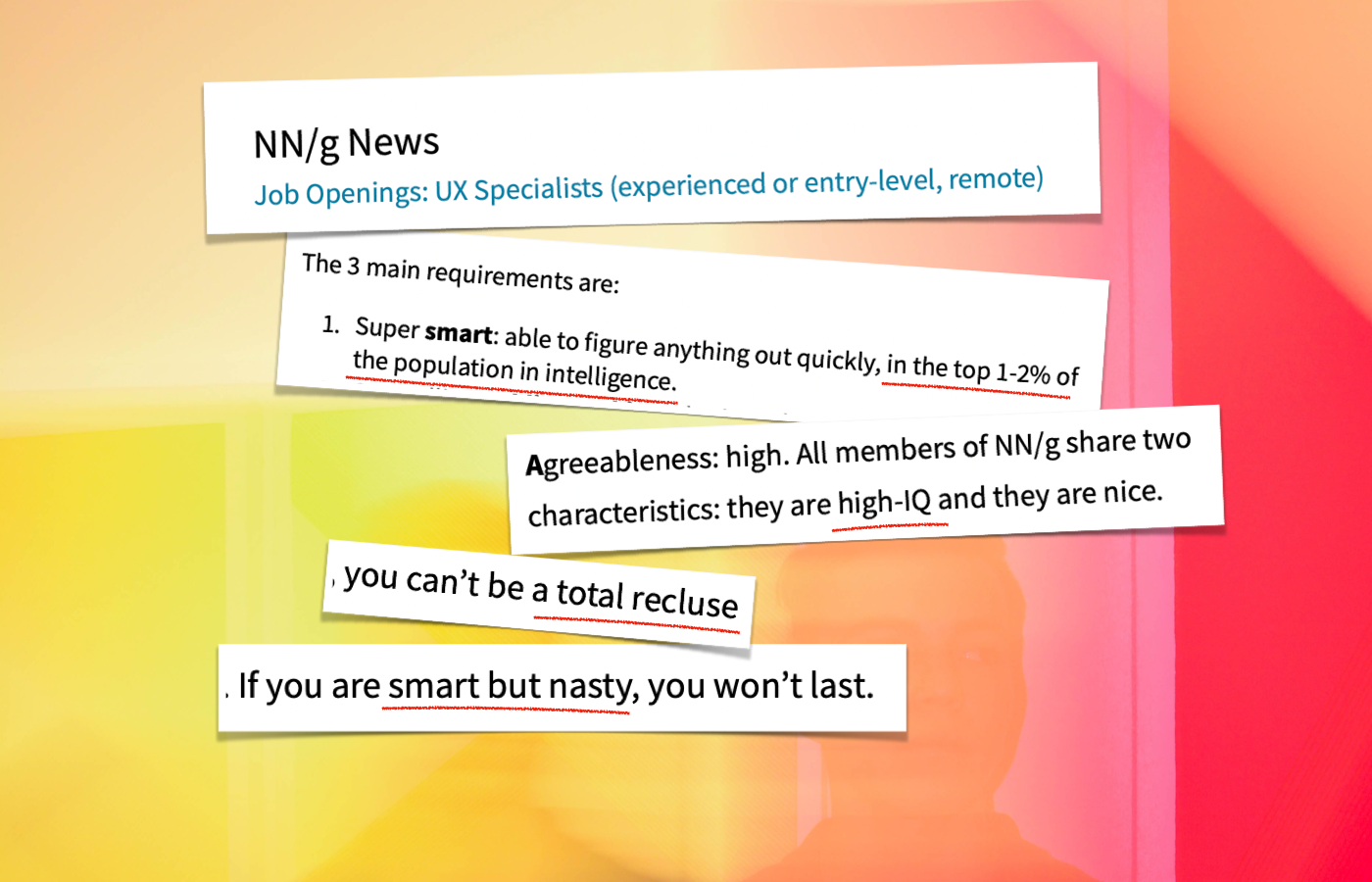
A job ad with references to IQ.


Book recommendations
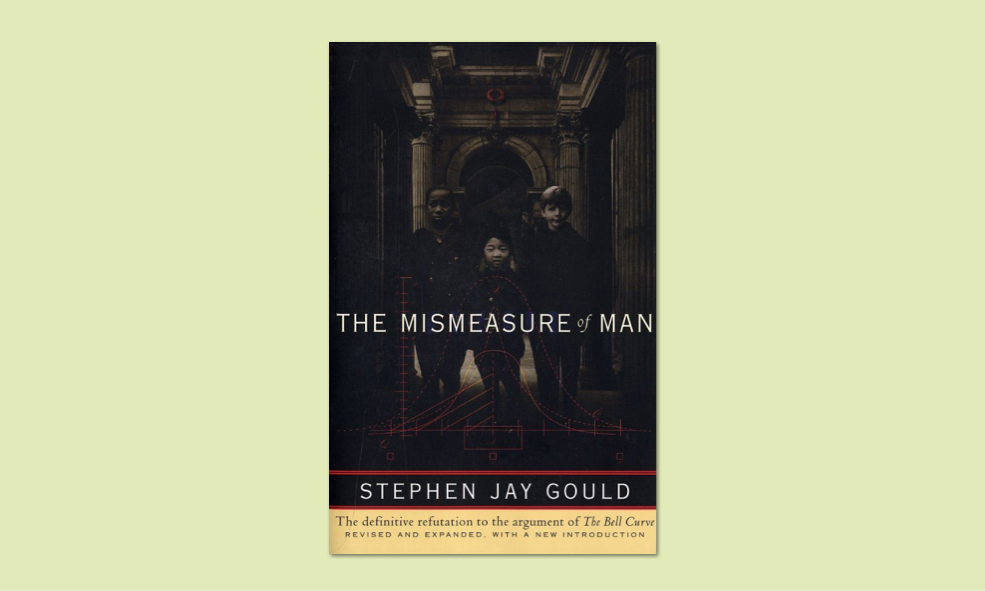
The Mismeasure of Man (Revised, Expanded), by Stephen J. Gould
When published in 1981, The Mismeasure of Man was immediately hailed as a masterwork, the ringing answer to those who would classify people, rank them according to their supposed genetic gifts and limits.
And yet the idea of innate limits--of biology as destiny--dies hard, as witness the attention devoted to The Bell Curve, whose arguments are here so effectively anticipated and thoroughly undermined by Stephen Jay Gould. In this edition Dr. Gould has written a substantial new introduction telling how and why he wrote the book and tracing the subsequent history of the controversy on innateness right through The Bell Curve.
Further, he has added five essays on questions of The Bell Curve in particular and on race, racism, and biological determinism in general. These additions strengthen the book's claim to be, as Leo J. Kamin of Princeton University has said, "a major contribution toward deflating pseudo-biological 'explanations' of our present social woes."




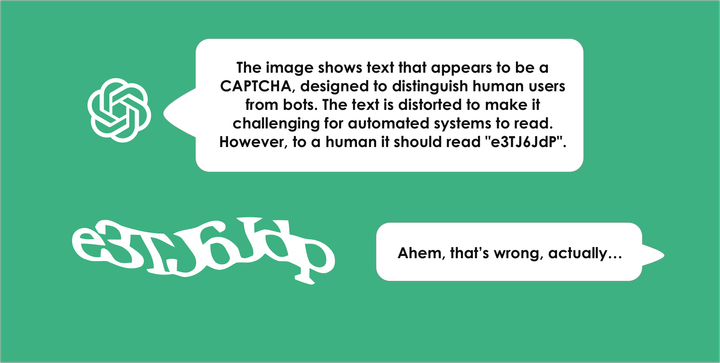
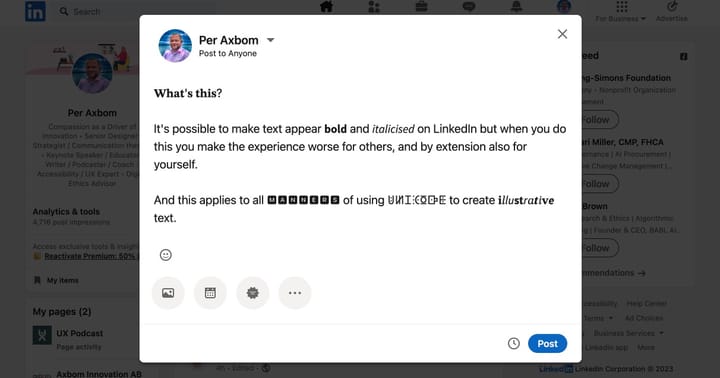
Comment